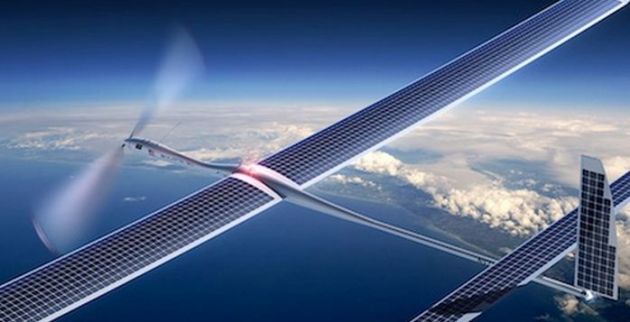Google acquires drone maker Titan Aerospace to bring wireless Internet to remote locations

Google, Inc. has confirmed its acquisition of unmanned aerial vehicle maker Titan Aerospace in a move that complements its "Project Loon" high altitude Internet balloon project. The aim of both Google projects is to bring wireless Internet to remote locations worldwide.
The acquisition price for the New-Mexico based manufacturer of experimental solar powered drones was not disclosed, however. Titan Chief Executive Vern Raburn said Titan's factory will remain in New Mexico while all its staff of 20 persons will join Google.
Analysts said the deal will advance Google's international campaign to extend Internet access to remote regions of the world. Google last year launched Project Loon, which will eventually see a network of balloons designed to deliver Internet access over the Southern Hemisphere, especially Australia and New Zealand.
Titan is building a variety of solar-powered "atmospheric satellites" or "atmosats" that will fly at an altitude of 65,000 feet and can remain aloft for up to five years. These aerial drones of UAVs will take to the skies and begin commercial operations by 2015.
Google said in a statement that atmospheric satellites could help bring the Internet access to millions of people. It can also help solve other problems, including disaster relief and environmental damage like deforestation. The Tital drones can also greatly enhance Google Maps.
"It's still early days," a Google spokesman said.
A few weeks before, Facebook said it was in discussions to acquire Titan for $60 million. Facebook also revealed plans to build solar-powered drones and satellites capable of delivering Internet access to underdeveloped parts of the world.